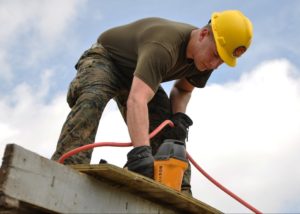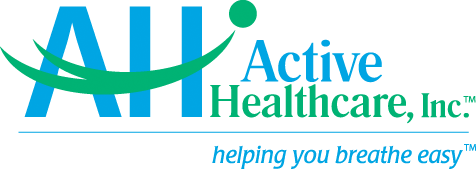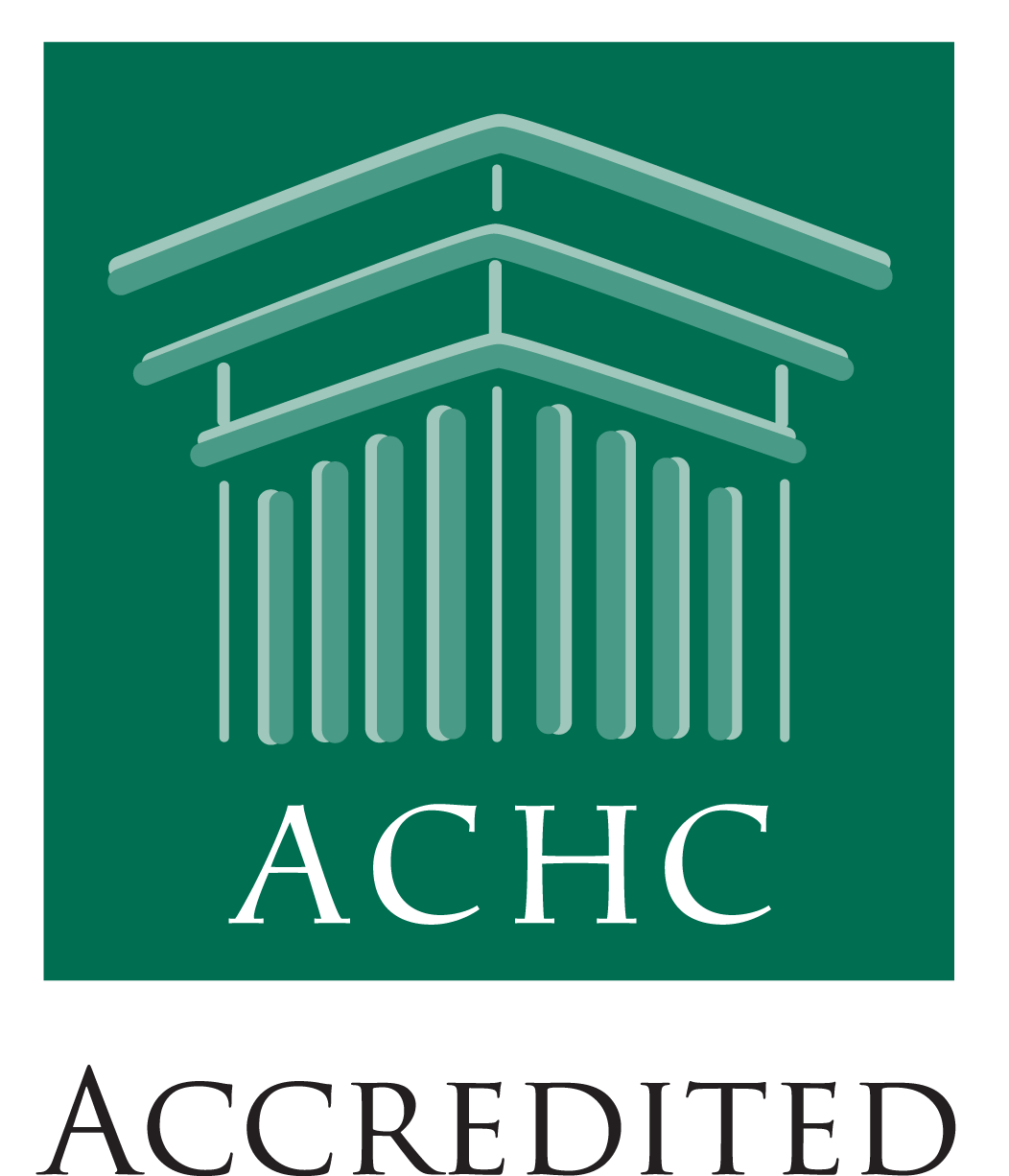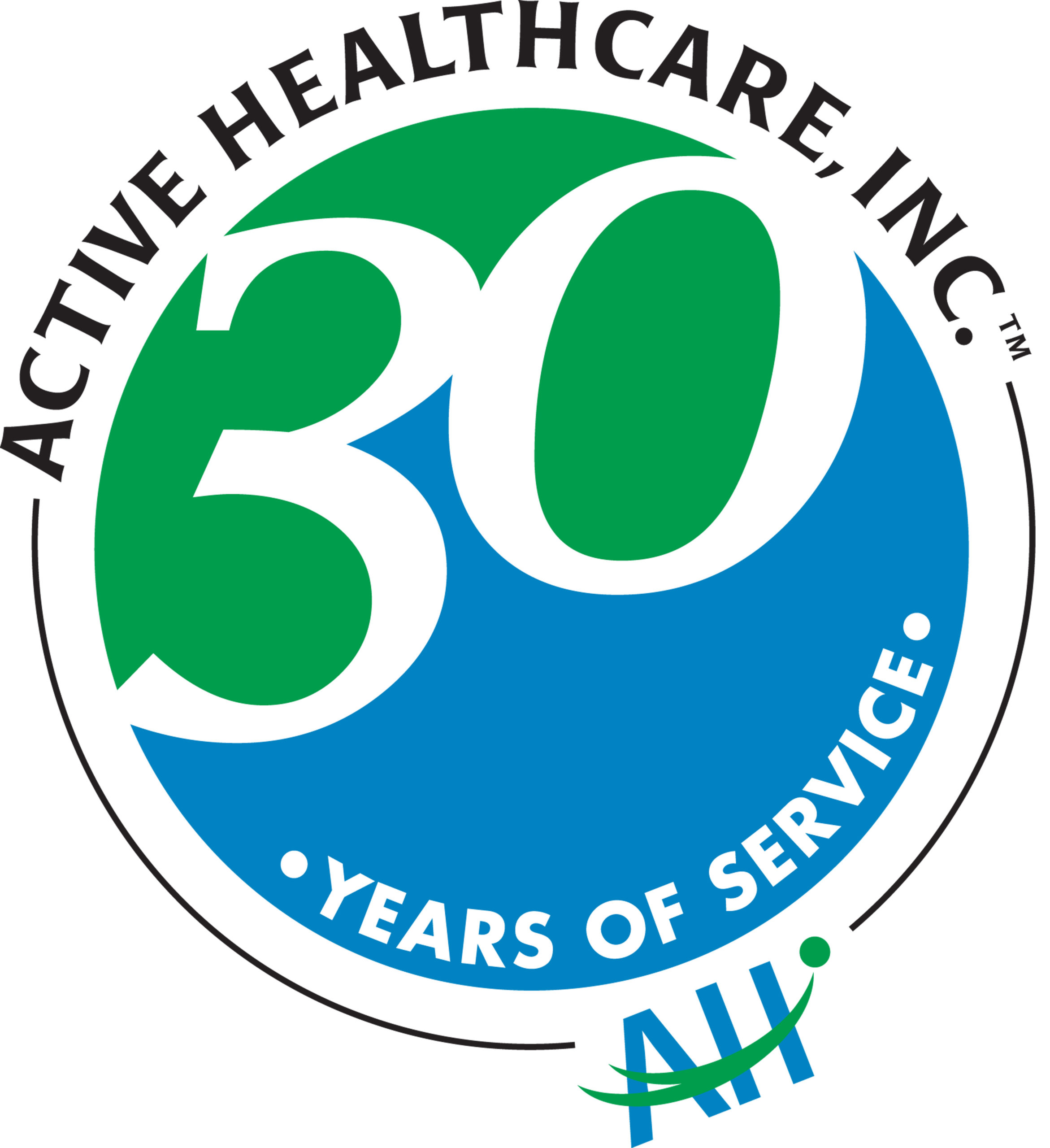 Some jobs, like construction and manufacturing, put workers at a greater risk of experiencing a serious accident. However, there are many other professions that pose a less obvious threat. Some common occupations can actually put your lungs at risk for conditions like asthma, fibrosis, cancer, COPD and infections.
Some jobs, like construction and manufacturing, put workers at a greater risk of experiencing a serious accident. However, there are many other professions that pose a less obvious threat. Some common occupations can actually put your lungs at risk for conditions like asthma, fibrosis, cancer, COPD and infections.
Jobs like construction and manufacturing are often thought of as dangerous because of the risk of equipment-related accidents. However, these jobs also expose workers to asbestos, volatile organic compounds (VOCs), dust from demolitions, or to the risk of inhaling microscopic fibers and metals. These risk factors can contribute to conditions like asthma, lung cancer, and mesothelioma (another type of cancer). Firefighters can also be exposed to harmful building materials, but can reduce their risk of exposure by using a “self-contained breathing apparatus” (SCBA).
Housekeepers are regularly exposed to cleaning chemicals, which can also emit VOCs. These VOCs can cause allergic reactions and lead to long-lasting breathing problems. While cleaning, housekeepers can run fans and open windows in an effort to improve ventilation in the area. Cleaning with vinegar, baking soda and water are effective alternatives to commercial cleaners, and are less irritating to the lungs.
Hair stylists are also regularly exposed to chemicals, but from hair-coloring and straightening products instead of from cleaners. Hair-coloring products can cause asthma, and hair-straightening products contain formaldehyde, a carcinogen. Health care workers with a sensitivity to latex can experience asthma-like symptoms, but latex-free synthetic gloves can be an effective alternative.
For workers with work conditions that can damage their lungs, it’s important to wear protective gear like masks and special breathing apparatuses. Working in well ventilated areas can also make a positive difference. Managers and employees should make an effort to understand job-related health risks, and utilize equipment that protects them from harmful chemicals and dust.
Additional Resources:





















